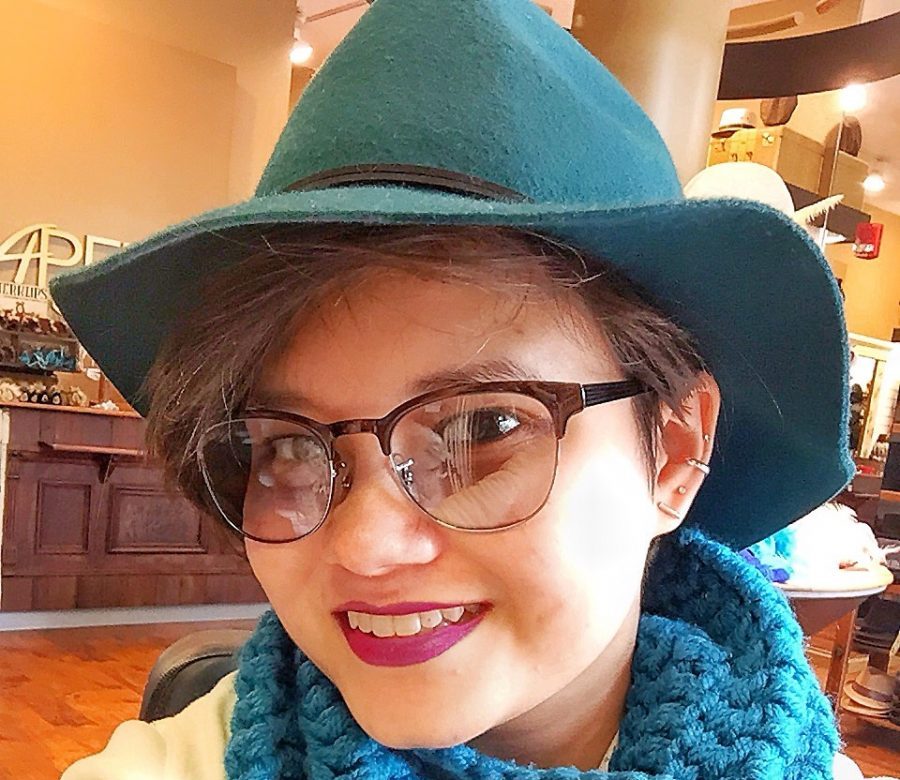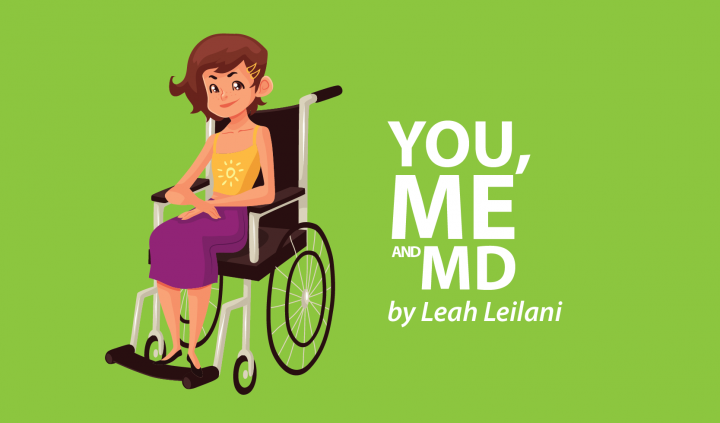My Journey to Love My Chronically Ill Body
Written by |

Everyone suffers from insecurity every once in a while. It doesn’t matter whether you’re a man or a woman, a child or a teenager. Nor if you’re disabled or able-bodied. But when your body starts to fail you, that can sometimes escalate those occasional feelings of self-consciousness.
Before the onset of my disease, I was a very active child. I loved running and playing sports. I also belonged to a Polynesian dance group. At 7, my body was very toned and muscular. As my symptoms of muscular dystrophy became more visible, my body was forced to adjust to a new lifestyle involving very limited physical activity. As a result, I started to look like I had put on some weight, and my round face looked like it had inflated like a balloon. As a young teen, I suddenly became hyperaware of my body.
***
Note: Muscular Dystrophy News is strictly a news and information website about the disease. It does not provide medical advice, diagnosis or treatment. This content is not intended to be a substitute for professional medical advice, diagnosis, or treatment. Always seek the advice of your physician or another qualified health provider with any questions you may have regarding a medical condition. Never disregard professional medical advice or delay in seeking it because of something you have read on this website. The opinions expressed in this column are not those of Muscular Dystrophy News or its parent company, Bionews Services, and are intended to spark discussion about issues pertaining to muscular dystrophy.







julio C Ruiz Gallardo
you are a sample of greatness,i´m a father of a DMD 7 years old boy, he is a very intelligent and happy kid, every body in our family love him, his brother is a 11 years old boy.
I know what is a problem of this ungrateful disease, but we have to keep hope because there is a many peoples in a world working to eliminate it.
Hope, its all we need and thrust in all thous persons who works every days to find a cure.
Best Regard, Julio C Ruiz.
Leah Leilani
Thank you for commenting on my article Julio. I wish your son and your family the best.